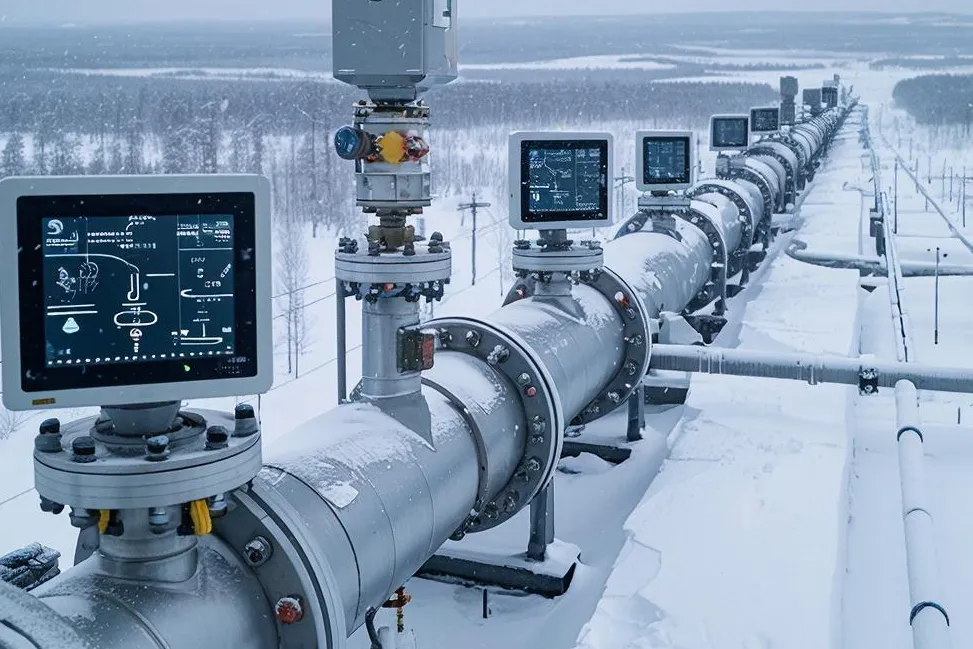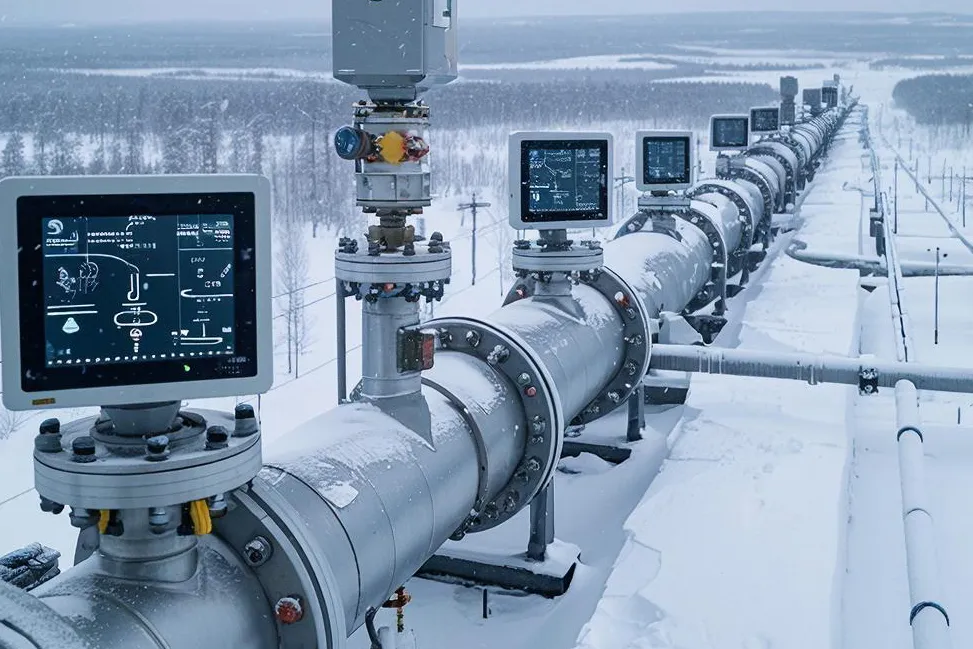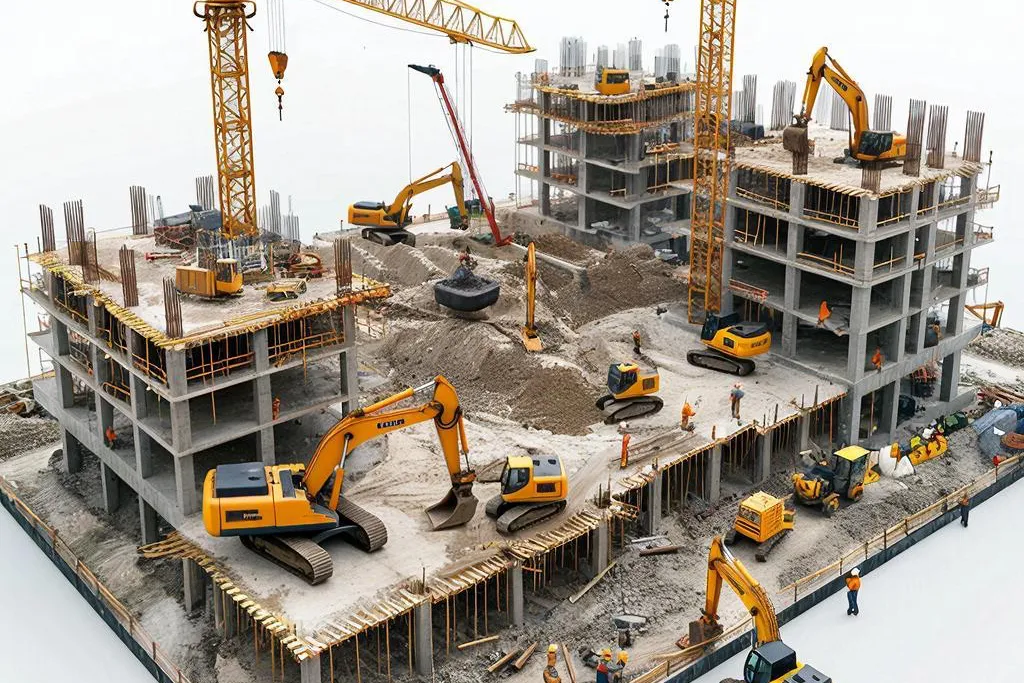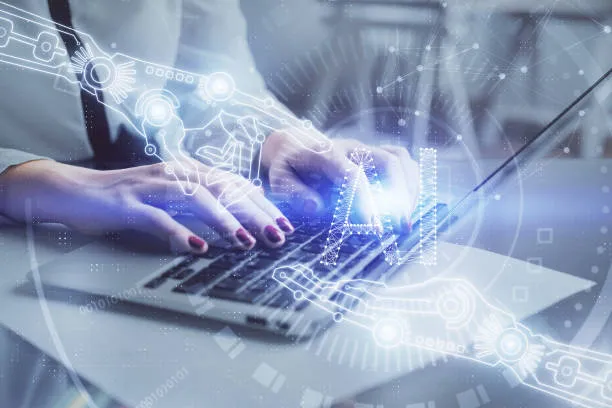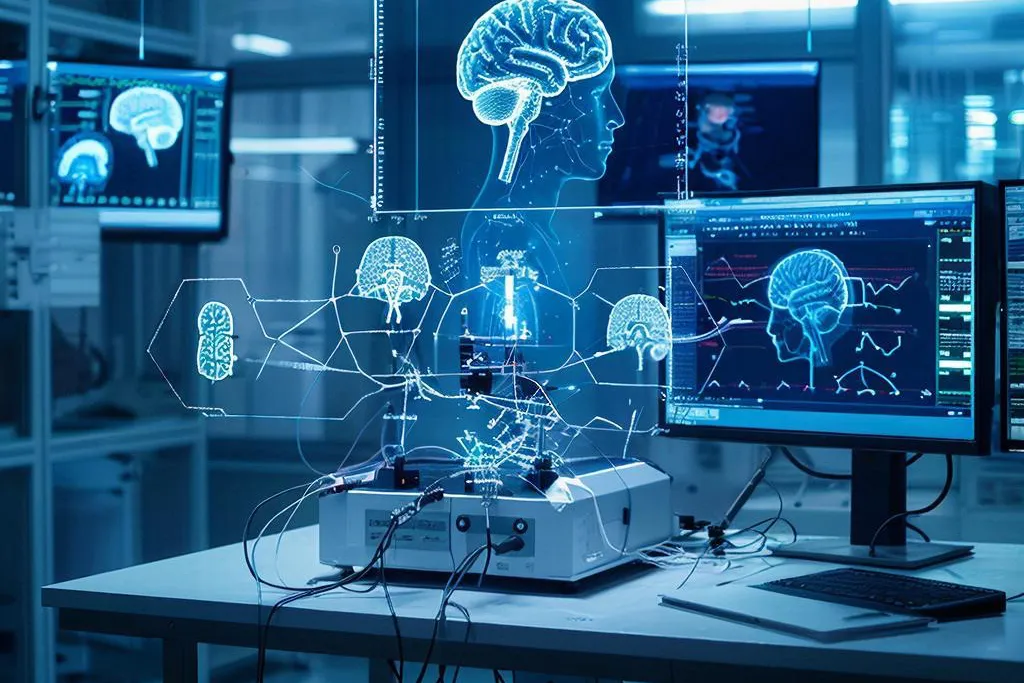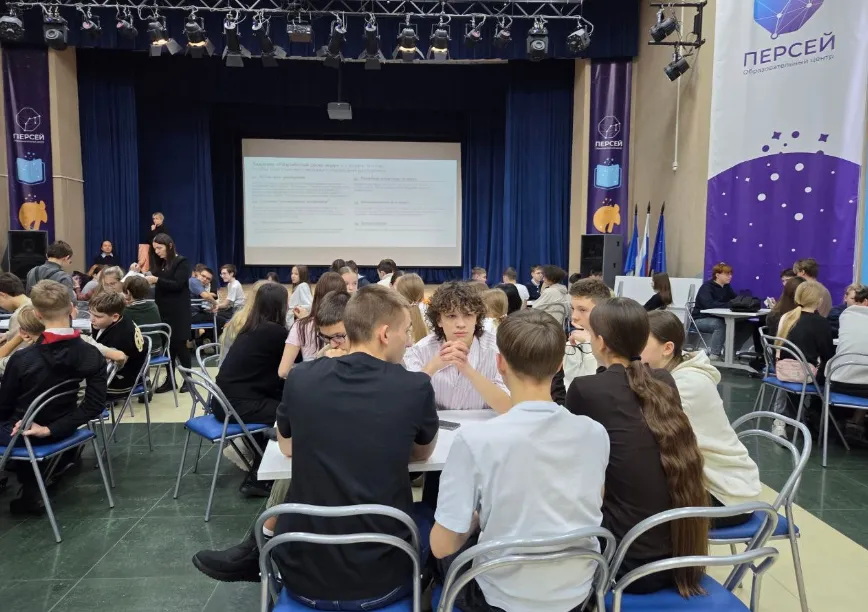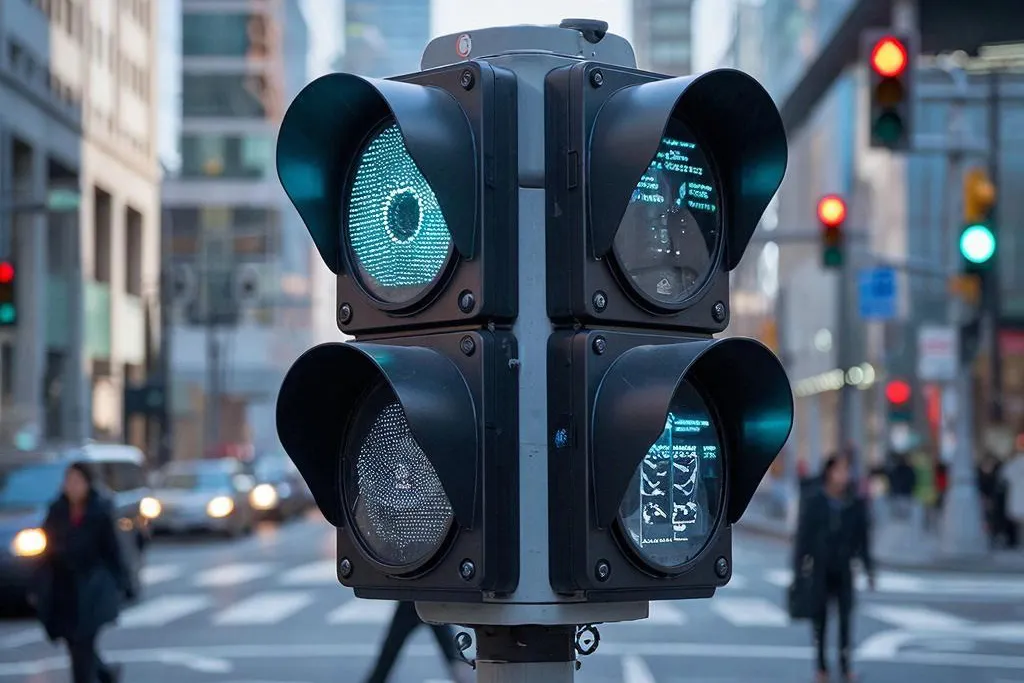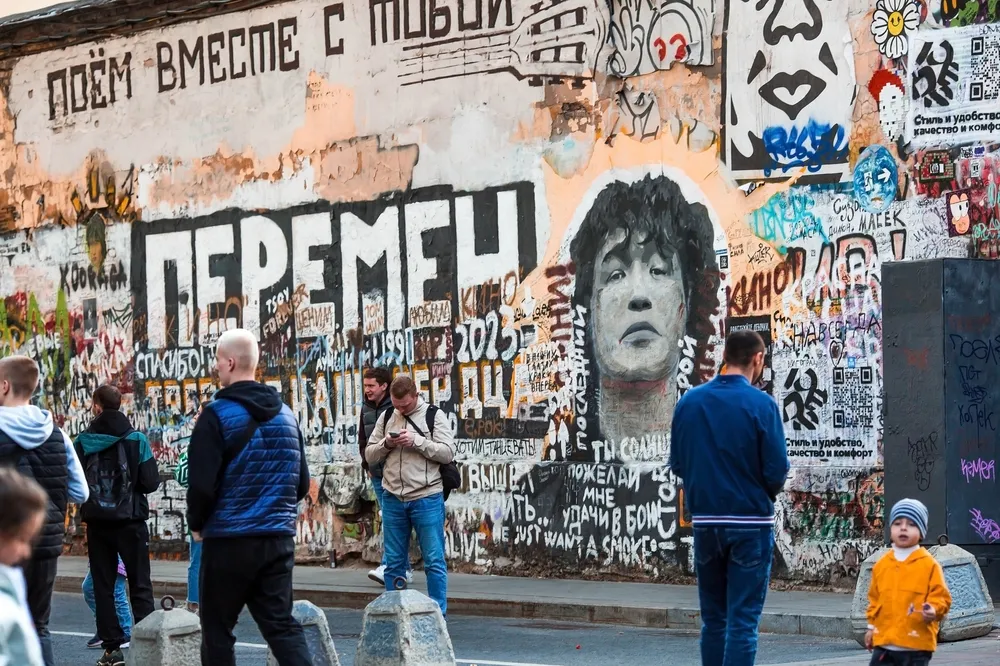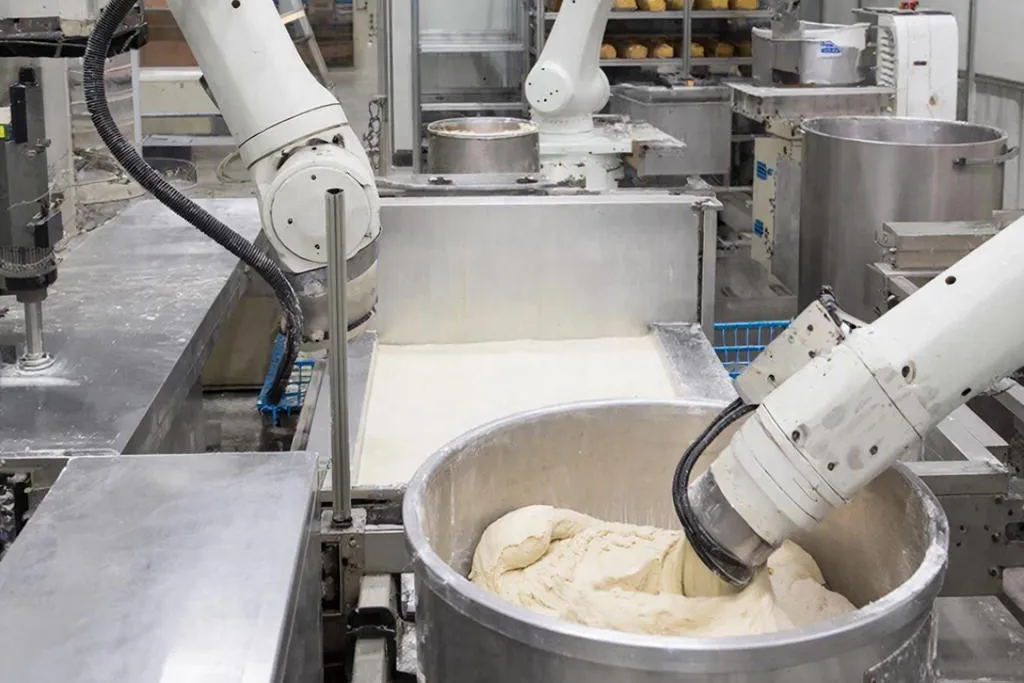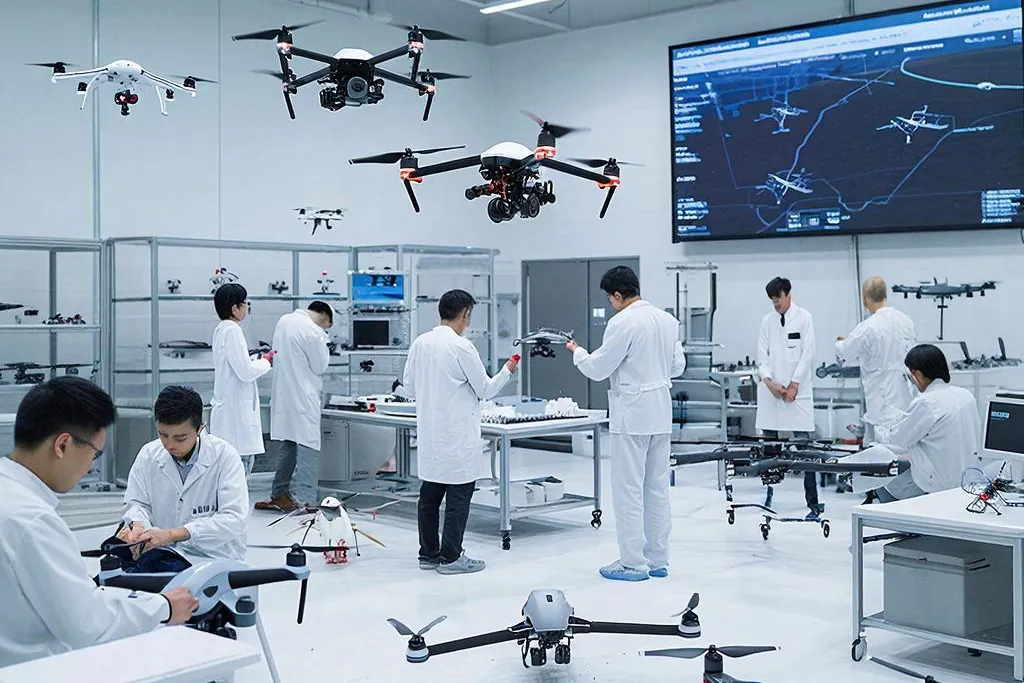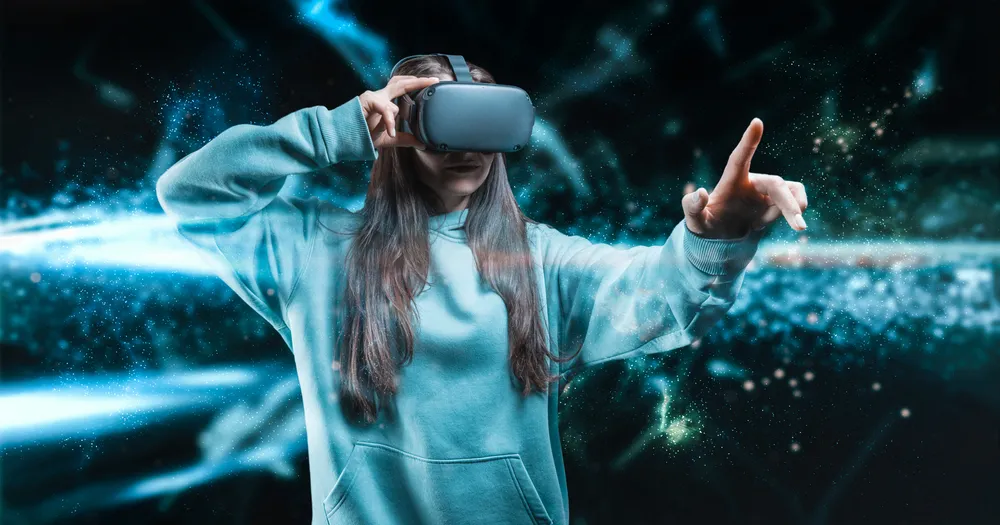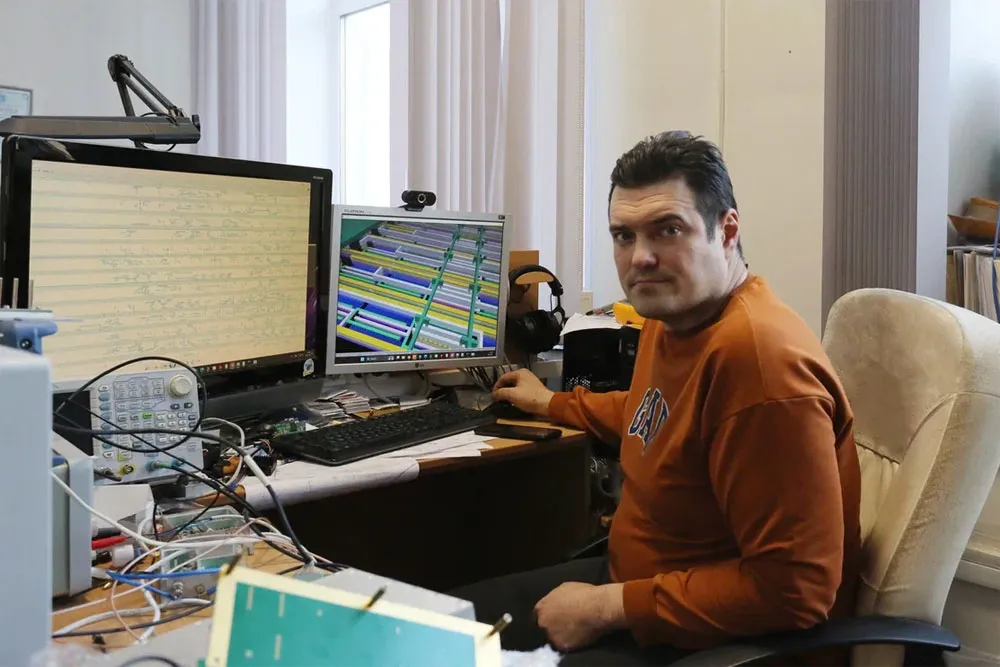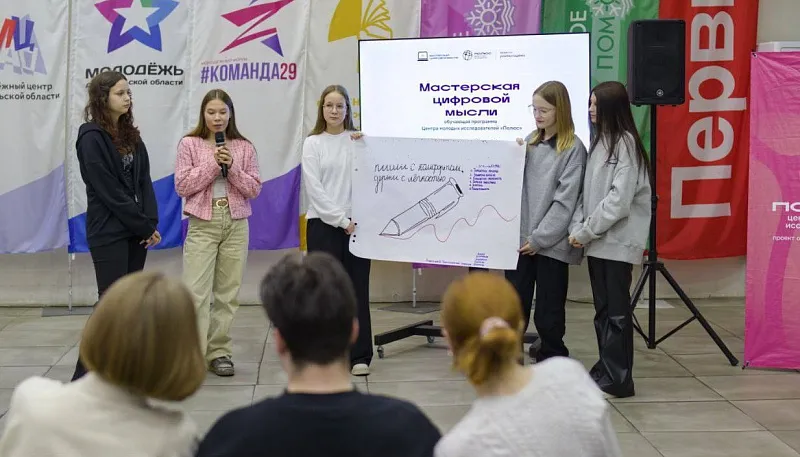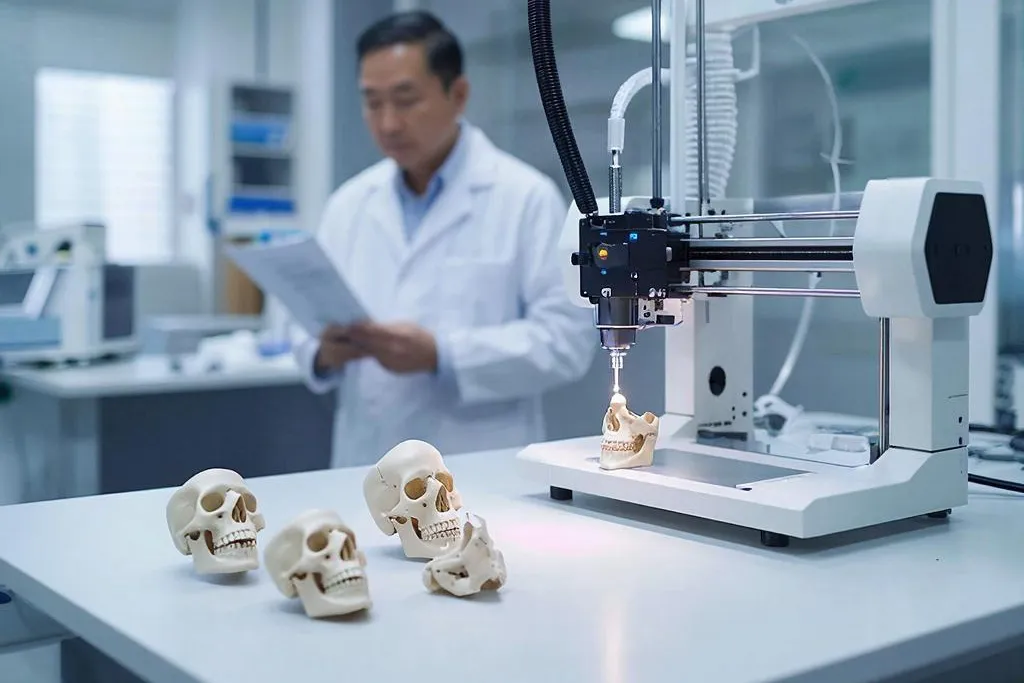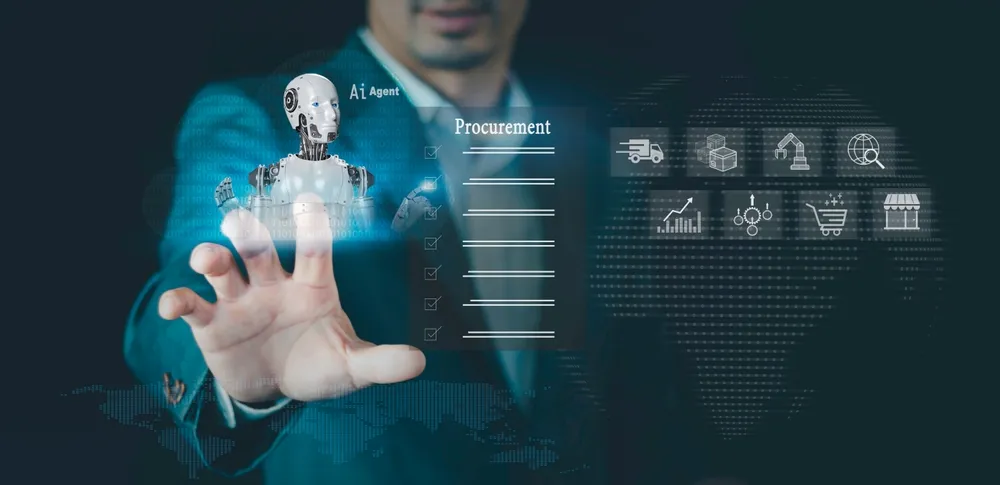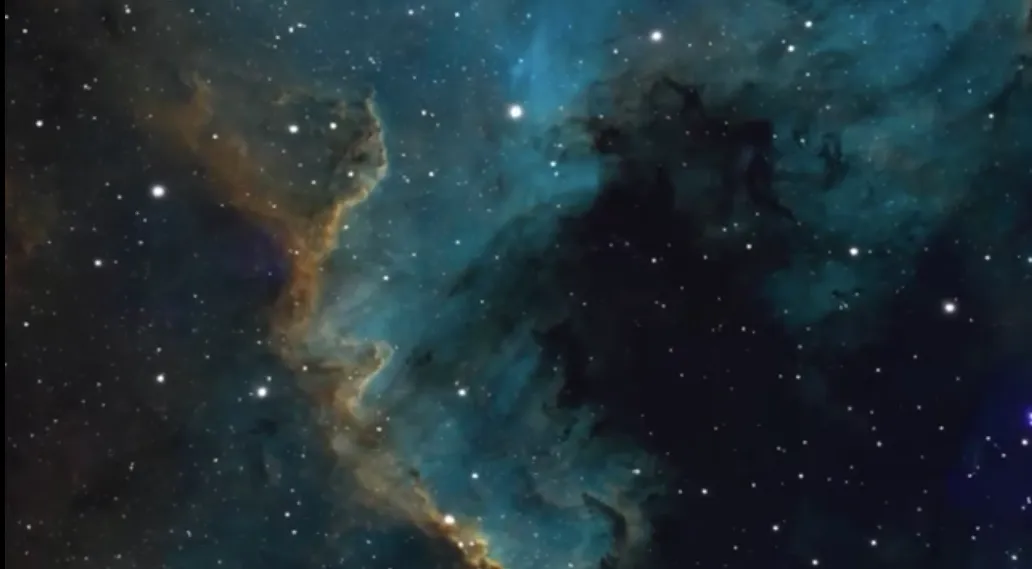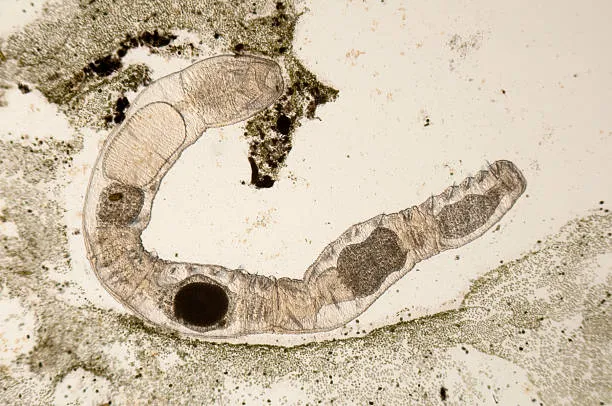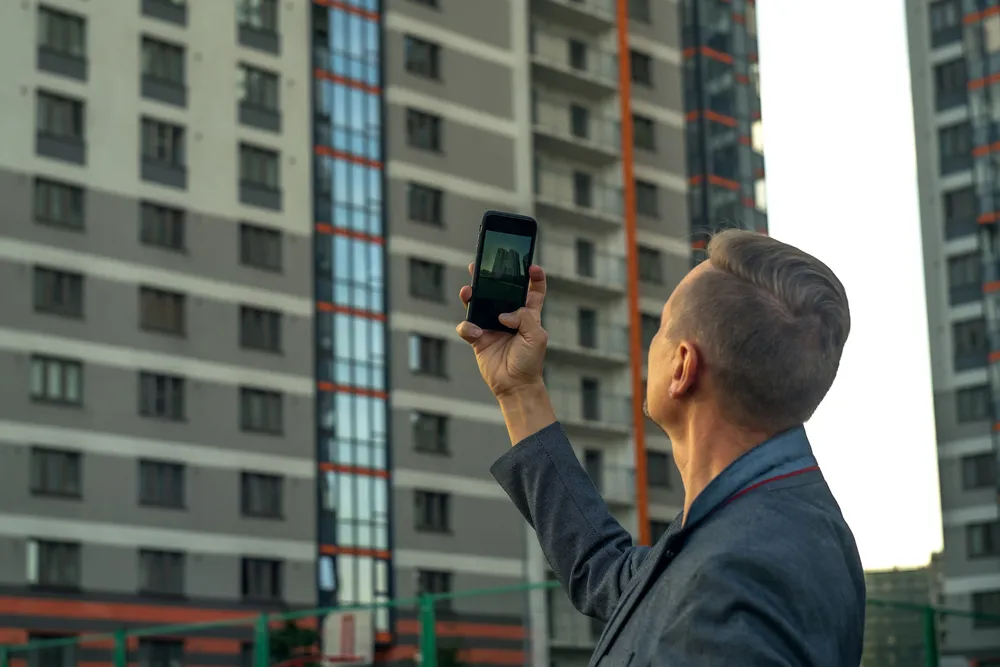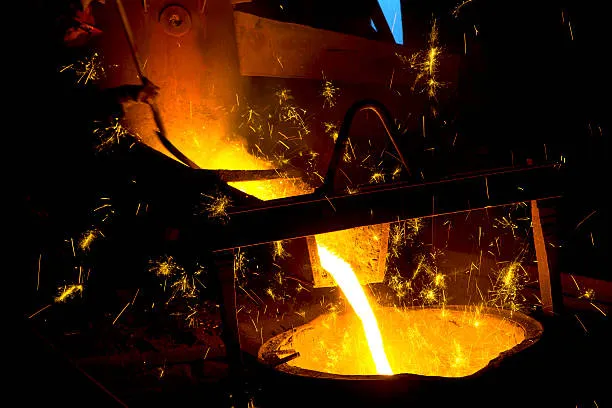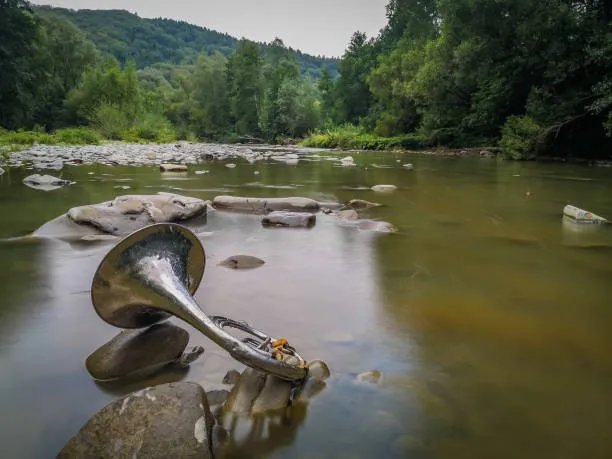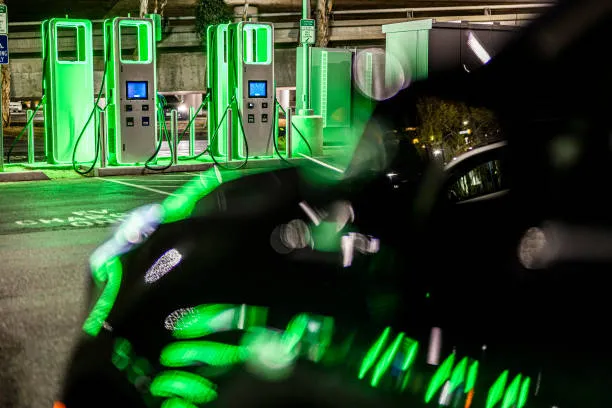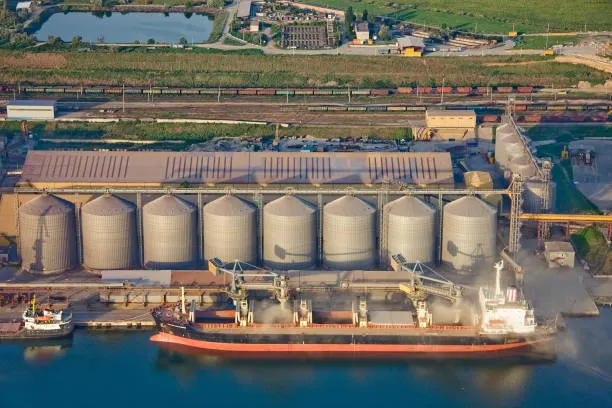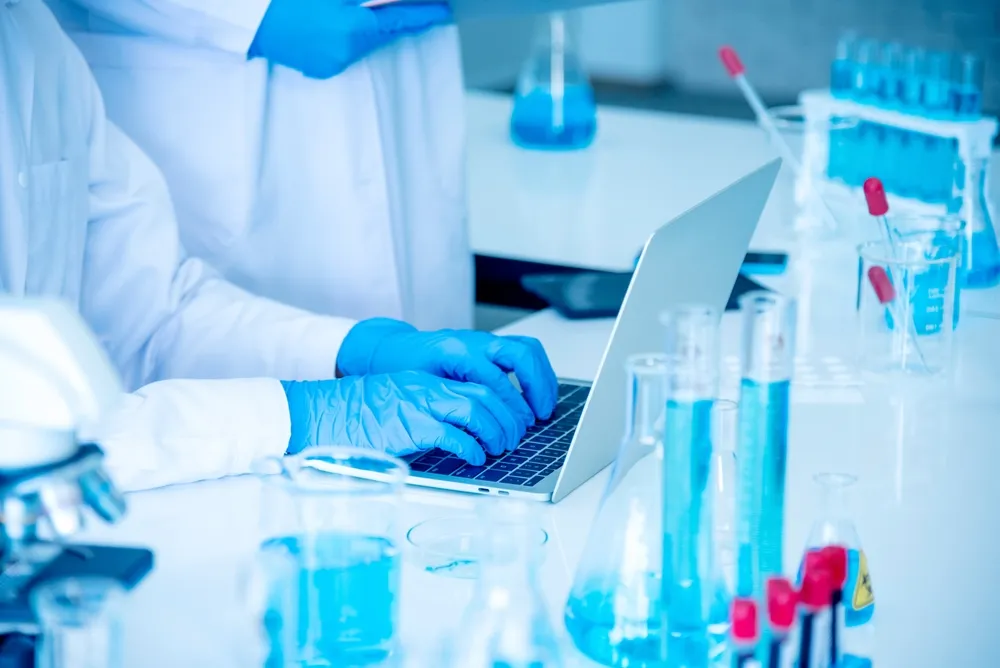Russian Schools Introduce Virtual Reality for Science Education
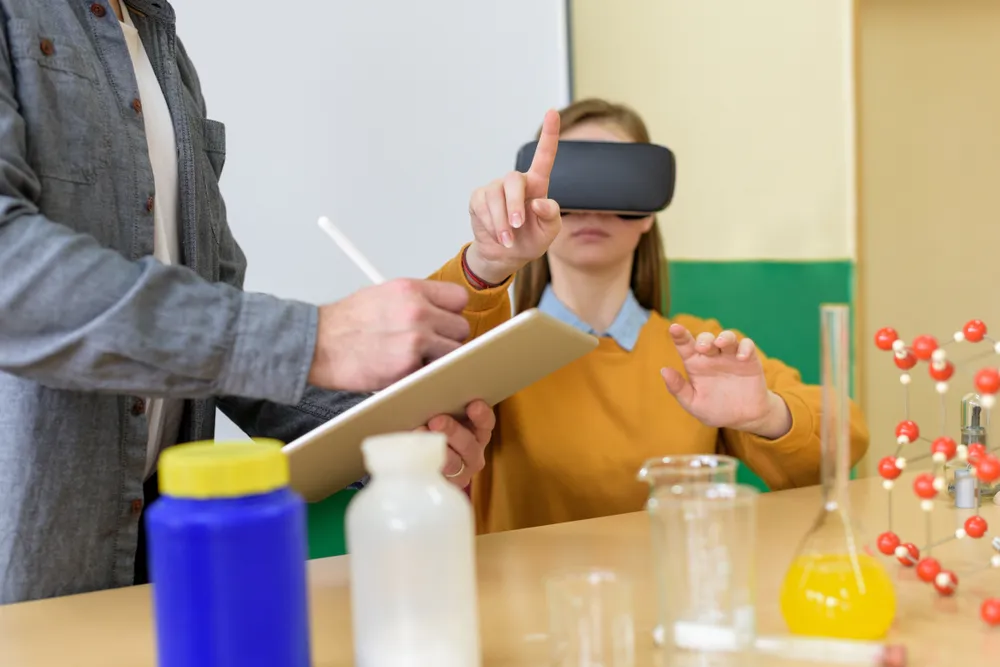
A new VR-based project is transforming science education across Russia, allowing students to perform complex experiments in immersive digital labs.
Russia has completed successful trials of an innovative educational project called 'VR Chemistry Lab.' Seventy schools from 35 regions took part in the testing of this domestic virtual reality solution.
Using VR headsets and controllers, students and teachers conducted chemistry experiments—many of which would be impossible in traditional classrooms due to limited access to reagents or safety risks. The technology has proven especially valuable for schools in remote areas.
Teachers report that the introduction of VR technologies significantly boosted student engagement in chemistry and improved final exam scores. The success of the pilot has prompted developers to begin work on similar VR labs for physics and biology.
This initiative is part of a broader effort to modernize education in Russia through advanced technology. Another standout example is the creation of specialized agro-technology classrooms, where students build agricultural robots and test drones and cybernetic devices in dedicated training zones. These schools are also equipped with smart greenhouses, weather stations, and digital science labs.


